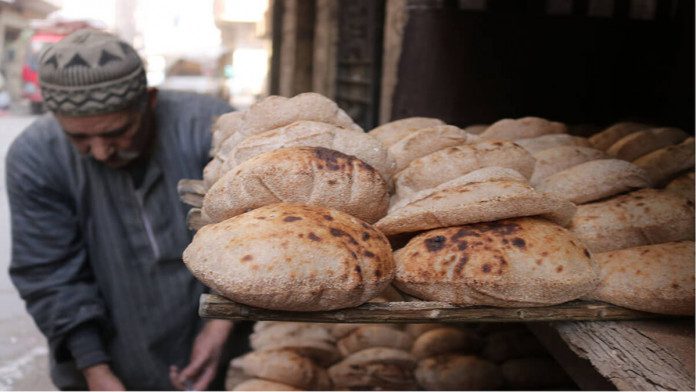News in Brief:
– Egypt raised the price of subsidized bread for the first time in 30 years, squeezing a staple food for many Egyptians amid economic hardship.
– The move is part of a broader effort to reform the subsidy system and address the country’s mounting debt.
In a move that threatens staple food, Egypt’s government announced a fourfold increase in the price of subsidised bread, effective 1 June 2024. This marks the first such hike in three decades.
Prime Minister Mostafa Madbouly acknowledged the potential unpopularity of the decision but stressed the need to ‘rationalize the burden on the state treasury’ and ensure the long-term viability of subsidy programs.
Bread subsidies are a lifeline for many Egyptians, with 71 million of the country’s 106 million citizens relying on them.
The price squeeze on this beloved food comes amidst Egypt’s worst economic crisis in recent memory. The Egyptian pound has lost significant value, and inflation reached a record 40% in 2023. Soaring food prices have placed a heavy burden on Egyptians, many of whom were already struggling financially.
Earlier this year, Egypt secured a $50 billion bailout package from the International Monetary Fund (IMF), the World Bank, and the United Arab Emirates. The package included commitments to economic reforms, including reducing state intervention and controlling inflation.
Meantime, the bread price hike signals a broader effort to reform Egypt’s subsidy system. The government has hinted at plans to reduce subsidies on fuel and electricity as well. While fuel subsidies have been partially rolled back and public transportation fares have increased, bread – a staple food and a symbol of basic needs in Egypt – had remained untouched until now.
President Abdel Fattah al-Sisi has long argued that the current subsidised bread price is unsustainable for the government. Prime Minister Madbouly also mentioned exploring a ‘cash subsidy’ model, potentially replacing subsidised goods with direct financial assistance.



